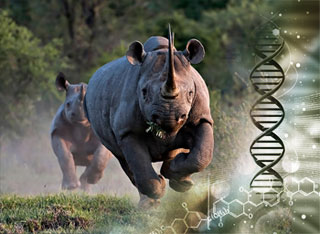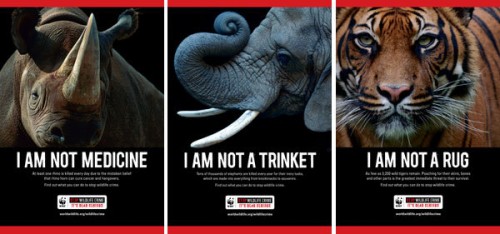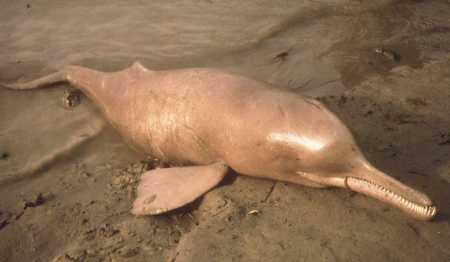Come 2017 and the rhino poachers in India might not gee-horning a rhino that easily. Dehradun-based Wildlife Institute of India (WII) along with WWF India, the environment ministry and state governments of Assam, West Bengal and Uttar Pradesh have come together to implement a unique project for DNA indexing of rhinos. This move, it is hoped will help investigate poaching incidents and implicate those involved with proper evidence.

Help From South Africa
The wildlife department of the three states will use RhoDIS, a rhino indexing system developed in South Africa. This system helps by profiling each individual rhino’s DNA and compiling it into a ready to reference database. This database serves as precious evidence in a court to prove that a horn seized from poachers belonged to a particular poached rhino. To be precise, this system provides irrefutable testimony to the link between the rhino horns in the possession of poachers and a rhino that was found to have been poached and thus ensures that the poachers are meted out the sentence for their illegal activities. This system is already being used effectively in South Africa in rhino poaching cases to investigate and prosecute offenders.

The system is likely to come into effect in early 2017 after the protocol on standard practice for DNA sample collection has been prepared. The WII will be used as the official lab for storage of rhino DNA database. The state governments on their part will send samples of each rhino to be individually indexed. The sample could be dung, tissue or hair of each rhino.
Read More: Rhino Saved From Poachers In Assam
DNA to nab poachers
Mr.Samrat Mondal, a scientist at WII explains the process and how it would help. Every time a poacher is apprehended with the evidence (in this case –rhino horn), it is sent for DNA testing. This result is matched with the DNA database at WII to determine the details such as the area to which the poached rhino belonged.

According to him, these results would prove to be legal evidence in court without which they would easily escape the clutches of the law.
Amit Sharma, senior coordinator of WWF India for Rhino conservation, agreed with Mondal. “The conviction in wildlife crime in India is negligible. A forensic approach in rhino poaching incidents under RhoDIS will definitely improve the conviction rate in such cases and help curb such incidents.”
Rhino conservation is very important as Kaziranga National Park (KNP) in Assam is the most important reserve for one-horned rhino. In a short time span of the last five years, about 90 rhinos have been poached in KNP.
This year 16 rhinos have been poached in Assam and 12 rhinos in West Bengal were victims of poaching in the last two years.
WWF statistics state that the one-horned rhino once ranged from northern Pakistan, across most of northern India, Nepal, northern Bangladesh and Myanmar. They were on the brink of extinction in the 20th century. By 1975, only 600 of the species remained in the wild in India and Nepal. Conservation efforts over the decades from then have seen their numbers steadily rise to 3500 in the Terai Arc Landscape of India and Nepal and the grasslands of Assam and North Bengal.









One thought on “Rhino DNA Cataloging Will Soon Help Nab Poachers In India”